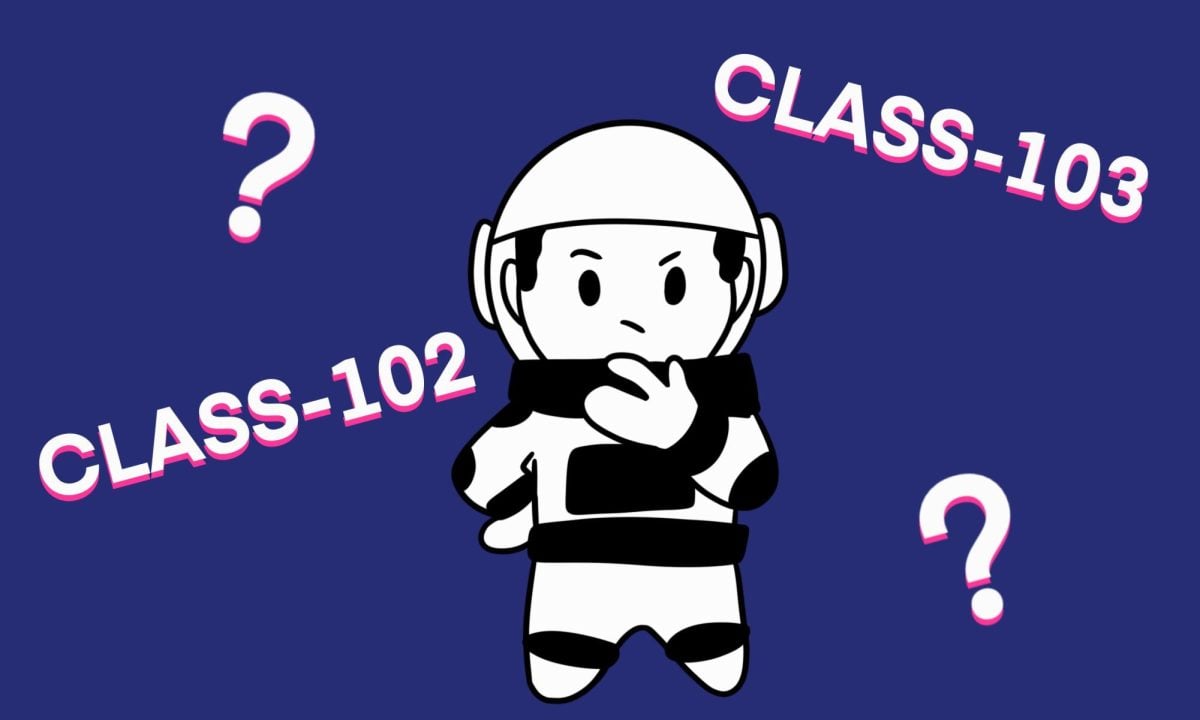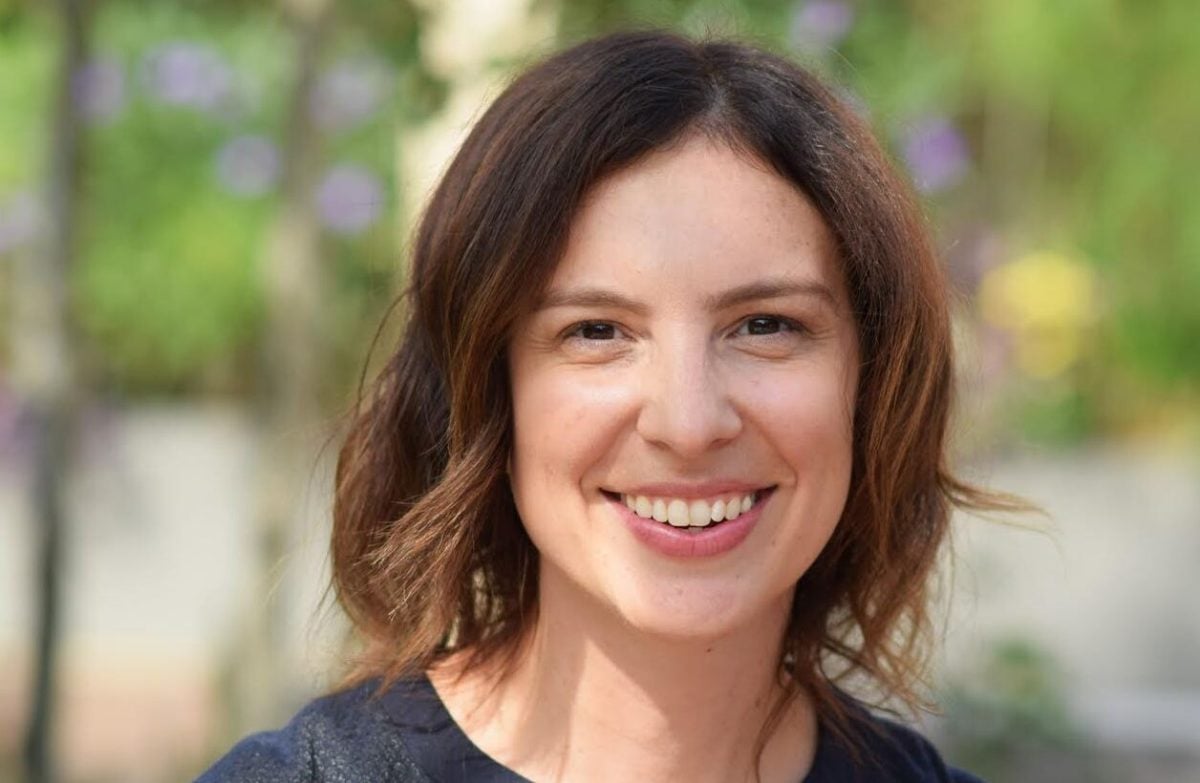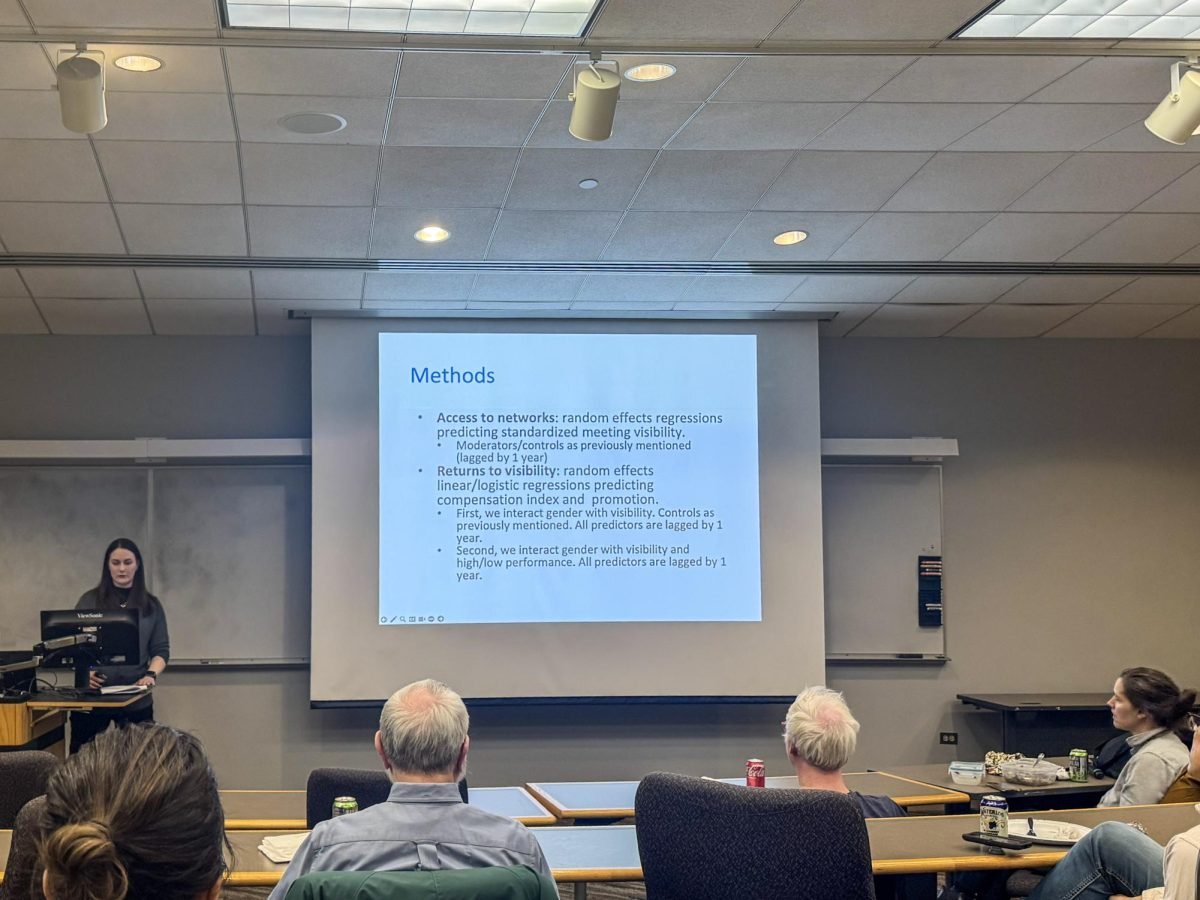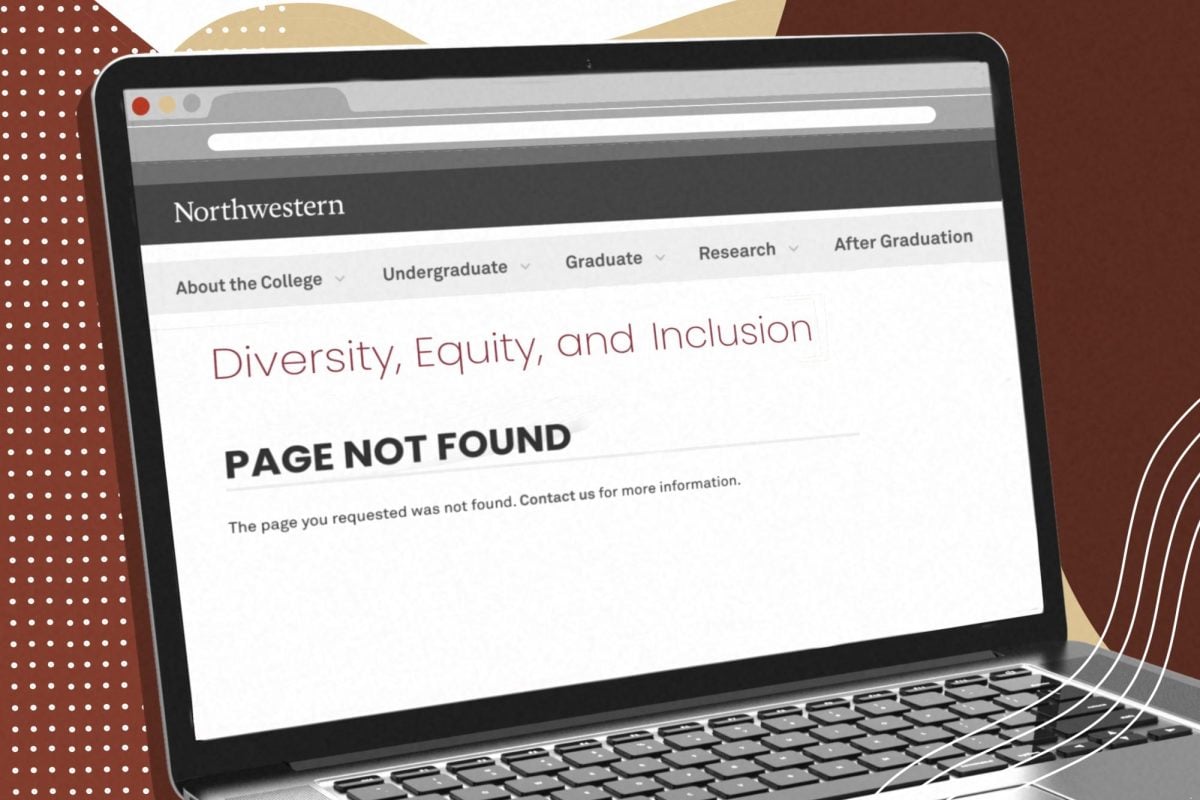The paths for majors and minors seem relatively straightforward, but when it comes to fulfilling foundational disciplines requirements, there are dozens of courses that satisfy each one. With so many options, the freedom can be daunting, and you might be pushed out of your comfort zone when taking a class outside of your area of study.
Weinberg College of Arts and Sciences categorizes foundational disciplines requirements into one of six areas: Natural Sciences, Empirical and Deductive Reasoning, Social and Behavioral Sciences, Historical Studies, Ethical and Evaluative Thinking, and Literature and Arts, but other schools at NU have similar requirements. Here are 12 interesting, yet manageable choices to tackle your requirements this fall when you may be unfamiliar with the subject matter.
For a Natural Sciences course that goes beyond high school staples:
Highlights of Astronomy
Learn about the solar system, stars, galaxies and the universe while delving into topics including supernovae, black holes and dark energy. Beyond lectures in the Technological Institute, you’ll also head over to the Dearborn Telescope for observing sessions.
The Ocean, the Atmosphere & Our Climate
Combining elements of geology, biology, chemistry and physics, this course offers an overview of the realm that covers 71% of the Earth’s surface. Using the shore of Lake Michigan as a classroom, the curriculum includes field trips to the lakefront during class time.
For an Empirical and Deductive Reasoning course that doesn’t involve calculus:
Introduction to Empirical Methods in Political Science
This course will teach you to think like a political scientist. It provides insight into how to evaluate inferential claims, how to design experimental research tackling complex questions and how to convey findings.
Computer Science 110: Introduction to Computer Programming
Separate from the introductory course taken by computer science majors, this class offers a beginner-friendly approach to learning programming fundamentals in Python, one of the most commonly used coding languages. By creating interactive animations and simple apps, you can develop skills to apply in other areas of study, even if you never take a computer science course again.
For a Social and Behavioral Sciences course to expand your worldview:
Introduction to Sociology
Gain an understanding of a different facet of sociology each week, with subtopics including money, family, gender and deviance. The course also offers insight into the thought process of sociologists — how they pose and consider questions.
Economic Geography
This course offers an overview of economic activities on a global scale, including primary industries, energy, minerals, industrial production and international trade. It incorporates case studies to add real-world context, focusing on subjects like the automobile industry.
For students who want a Historical Studies course involving more than memorization:
History of the American Family
This survey of the role and regulation of families from pre-colonial times to the present day emphasizes factors that influence family dynamics, like race, class and gender, and how families’ standards and models have changed over time. You’ll also get the opportunity to write your own history.
Classical Mythology
Did you go through a Percy Jackson phase in middle school? If you take this course, you may have a chance to put some of that knowledge to use. You’ll read and analyze Ancient Greek myths both in their original historical contexts and through a contemporary lens.
For a thought-provoking Ethical and Evaluative Thinking course:
Introduction to Philosophy
If you’ve never studied philosophy before, this course will help you understand many philosophers’ perspectives — and develop your own outlook — on philosophical concepts including free will, ethics and existential issues. You’ll also learn to convey your ideas — and those of philosophers — in the format of thesis papers.
Introduction to Buddhism
Want to learn more about one of the largest religions in southeast Asia? This course analyzes both primary and secondary documents to gain insight on the core tenets of Buddhism alongside its history, culture and practice.
For a Literature and Arts course which doesn’t involve reading a novel or picking up a paintbrush:
Literary Histories
Do you prefer poetry and music over novels? This may be the course for you. The intersection between popular culture and poetry forms the basis of this course, which focuses on songs and sonnets from the late 16th century until the present day.
Introduction to Asian Art
This course spans ancient, medieval and modern art from South Asia, including architecture, monuments, sculptures, paintings and photography. Placed in a historical context, the curriculum includes examining the influence of East Asia, Central Asia and Europe and working on close reading skills.
Email: divyabhardwaj2025@u.northwestern.edu
Related Stories:
— Weinberg College to adjust distribution requirements, first-year writing courses beginning fall 2023
— A guide to coursework at Northwestern
— The Weinberg requirements might change. Here’s what you need to know



















